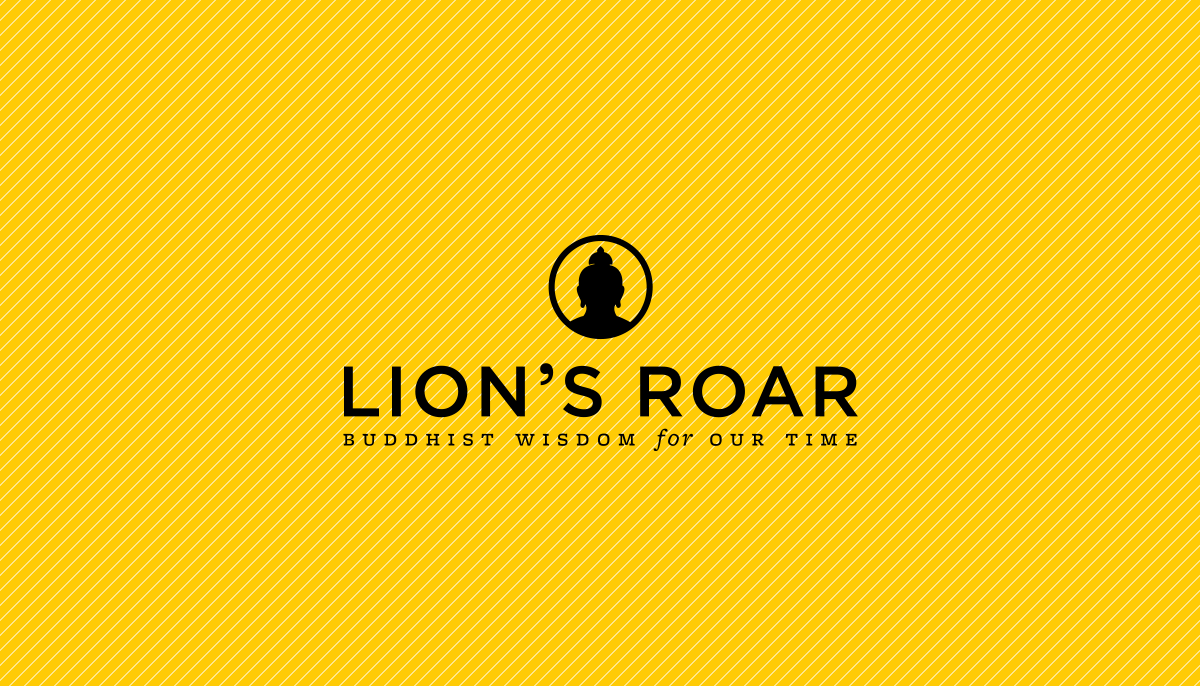In the March 1995 Lion’s Roar magazine, Professor Robert Thurman explained the Tibetan Buddhist view of death and rebirth.
There is a level of subtle energy in the human mind which is not grossly material. It is a subtle pattern of continuity that western scientists have not looked for because they don’t have the instruments to measure it. Eastern science has investigated that subtle energy because they have observed it.
Many people have reported dying and being reborn, and they remember what happened to them. These are not just near-death experience memories; these are people who have died and report from another life that they remember what happened. Such accounts are simply dismissed by Western science, but there is a large body of evidence of living beings who claim and who in fact give very convincing demonstrations of remembering their own experiences from previous lives.
After people die, the subtle mind severs or loses its connection with the body and the gross personality. The identity of the person, the way a person is organized, the coordination of the different senses, the thinking patterns, the language and everything—all of that goes.
On the other hand, the subtle mind, which is almost like a gene, continues. This subtle mind encodes the good and bad abilities of a person—the innermost abilities towards openness and generosity, or on the opposite end, towards egotism and self-centeredness. These are the basic patterns of a person which after death enter into a subtle, dream-like embodiment.
After death, after initial ecstatic experiences such as immersion in the clear-light, the subtle mind goes through a type of dream sequence and eventually seeks another body. Unless the person is trained to recognize an alternate transcendent space, they go into some form of embodiment that resembles their previous incarnation.
That is, if they were used to being human, it is likely that they will be attracted to a similar realm. It would be unusual for them to deviate into another realm to an extreme degree, but from the Buddhist point of view it could happen.
The first thing which leads me to believe this scenario is that I observe continuity in all things around me. No one has ever observed anything disappear completely. Wood burns into ash, but then heat goes into the air, and so on. Everything seems to be part of the process of continuity. For the human subjectivity to be the one thing that goes into the radical discontinuity of becoming nothing seems extremely illogical.
On the other hand, the idea of the intact personality going off someplace, or that there is a permanent personality, would contradict our experience in this life that there is tremendous, constant change in the personality. It is like a tree which drops an acorn and that creates the seed of the next tree; there is this kind of continuity.
The second type of evidence is that many people have reported remembering the eight stages of death dissolution that you can find in The Tibetan Book of the Dead. There are many stories which are reported by people who are not getting paid and have no motive to falsify such a thing. Whole communities observe this phenomenon.
Take the story of the young woman who, at the age of four, insisted on being taken to a village in a different province far away which she had never even heard of.
She went up to a house there, recognizing everybody in the village by name and the people in the house. She took a little shovel and dug inside an adobe wall, where she recovered a cookie jar with a lot of money in it to give to her relatives.
The people who observed this didn’t have a preconception that it couldn’t happen. So they allowed this girl to speak and they took her where she wanted to be taken. There are innumerable stories like that. These stories constitute some kind of evidence that has to be examined.
Buddhists would see the scientific and Judeo-Christian views as two extreme beliefs. On one hand, there is the idea that the soul is nothing, that you can subjectively become nothing when you die. To say that something becomes nothing is meaningless to us, because something always becomes something else; that’s just common sense.
On the other hand, to say that something becomes absolute or eternal at some point, something that is created from nothing, is also illogical. This tenet posits an unchanging entity involved in a process of change, and then reverting to being unchanging. Buddhism posits more subtle and more gross types of levels of energy; the Judeo-Christian view takes the notion of an unchanging soul as a fixed, identity-bearing entity and projects that into an infinite future. It also rejects that this soul comes from an infinite past, and this unnecessarily injects too many illogical elements.
What Buddhists believe in is being infinitely part of a process, which can be better or worse depending on how you contribute to it. Every deed that you do now will have infinite reverberations and repercussions. It will not be you as a fixed being which will experience those repercussions, but it will be the continuity of you. That seems too strenuous to people, so they invent some haven of either absolute nothingness or an absolute something- ness with which they can console themselves.
In addition, the person who has either of those two outlooks, the scientific and the Judeo-Christian, is actually
less likely to consider the moral implications of every act than the Buddhist who believes that every act is going to have repercussions for them that will be unlimited.
For instance, if I am a materialist who thinks that I won’t be there as soon as I die, then I might be nice just to make this world better, but when there’s pressure or scarcity perhaps the moral impact of my act? will not overcome my concern for the immediate circumstances. Because, after all, I really only have to worry about this life, so I might as well seek my own comfort.
The witness to this is the life of the twentieth century, when materialism has been the dominant ideology. This has been by far the most destructive century in history. There is the definite proof that people who think, “Apres moi le deluge,” may be humanistic and nice when things are good, but care first for themselves when there is a life and death crisis on the horizon.
Similarly, people with soul theories may believe that, no matter how they behave, their permanent soul will be sent into a heaven or pure land as long as they say the right mantra or believe in the right deity. As we note in history, such people who believe in a permanent soul may launch crusades and slaughter people in the name of religion and feel exempt from the consequences by the intervention of their deity. They will let themselves go when they feel they are going to be taken care of by the absolute.
On the other hand, the moral imperative is obviously the most intense on the consequentialist being such as the Buddhist, who feels tied into the continuity of nature at subtle and gross levels. If you think that how you act now is going to influence your future experiences to an endless degree, then you are going to be much more intent on attempting to be better in your deeds rather than worse. The moral imperative is most intense in this case, which is why I think that human beings throughout history have resisted this kind of horizon of infinite causal continuity and connectedness.

